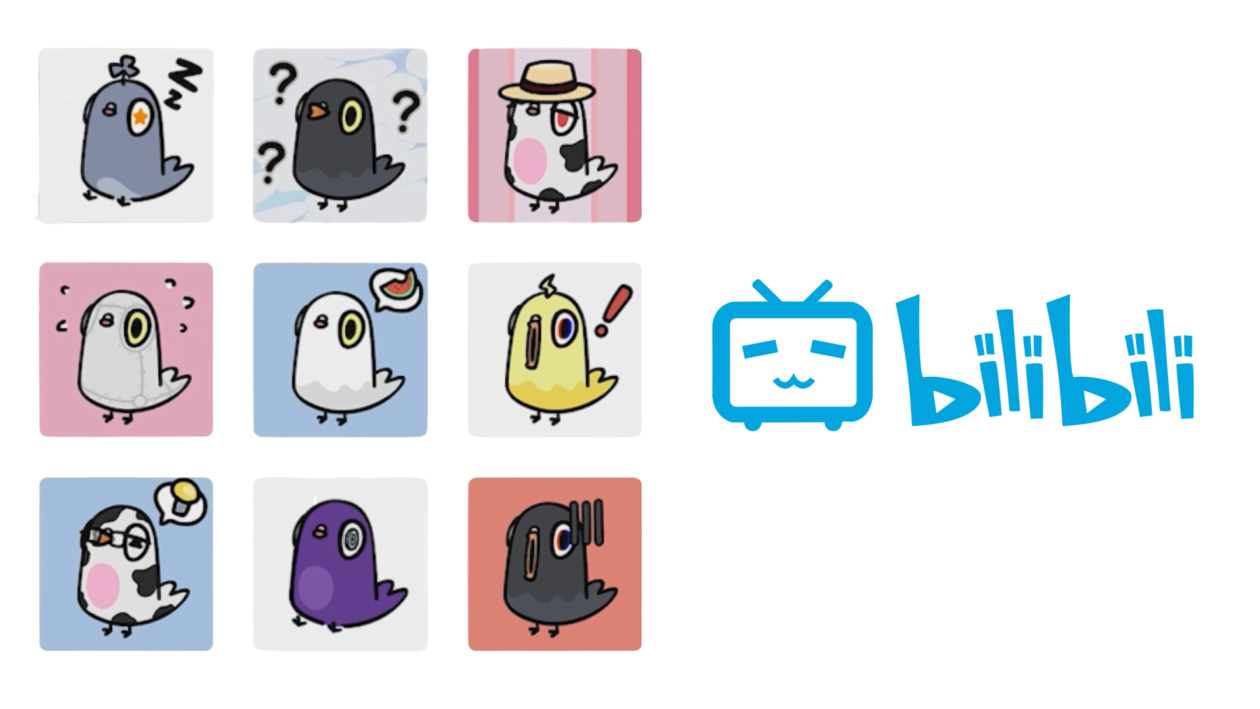Bilibili, a video streaming platform popular with China’s Generation Z, Monday enabled non-fungible tokens (NFTs) to be transferred between users, becoming the second major Chinese tech firm to allow NFT transfers after Alibaba.
See related article: China state-backed paper’s NFTs surge in price on second-hand market
Fast facts
- Bilibili requires a 30-day gap between each trade, similar to Alibaba’s 180-day transfer lock-in.
- Bilibili is a video streaming platform famous in China for allowing real-time comments over videos called “Danmu.”
- The platform debuted NFTs in January, a series of PFPs (profile pictures, usually a series of shoulder-length artworks that reflect different personas through the faces of apes, cats, humans, aliens, robots, etc.) themed in pigeons.
- Bilibili currently only allows the trade of these pigeon-themed PFPs; other NFTs will be allowed to switch hands in May.
- Bilibili may delay the transfer of NFTs or tweak rules if there is speculative activity.
- Claiming to clamp down on speculative activity in NFTs is common for tech companies to appear in line with Chinese authorities’ stance on the asset.
- Major Chinese tech firms such as Tencent, Baidu, JD.com and Xiaohongshu’s NFT marketplace still don’t allow for transfers or trade.
- Despite curbs, China’s domestic NFT market is set to reach 29.8 billion yuan (US$4.68 billion) in 2026, according to Guosen Securities.
See related article: China state-backed paper’s NFTs surge in price on second-hand market

